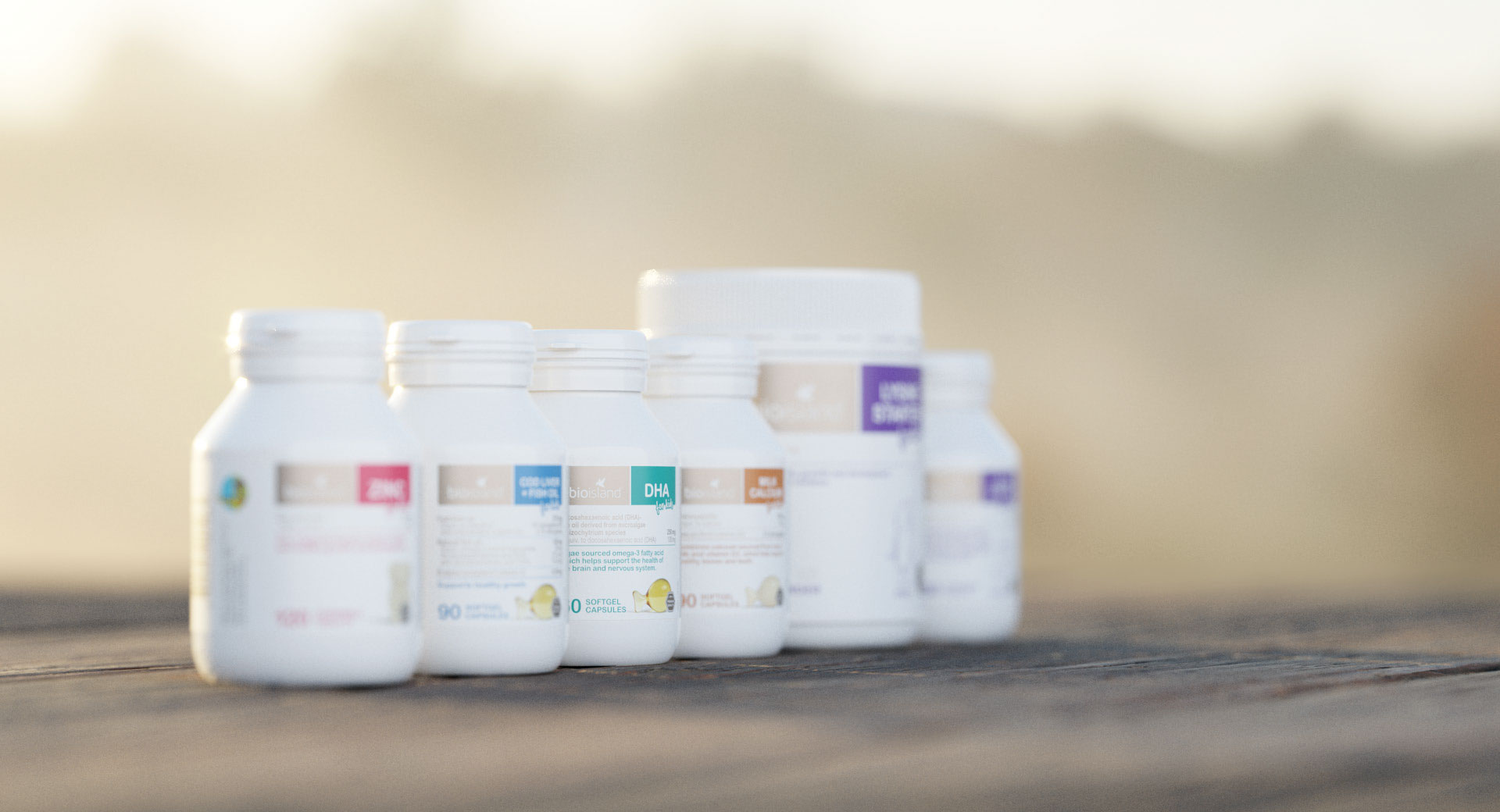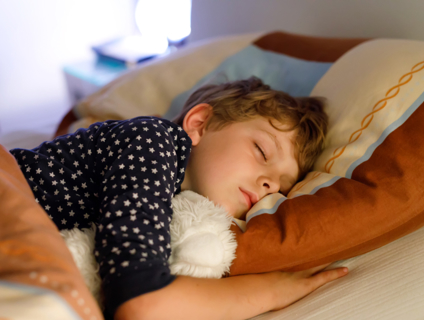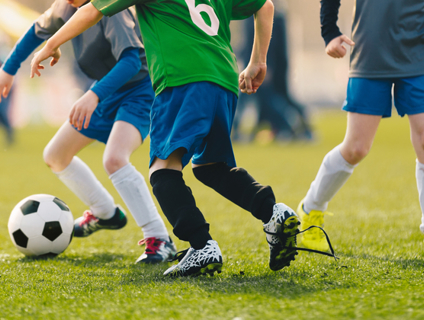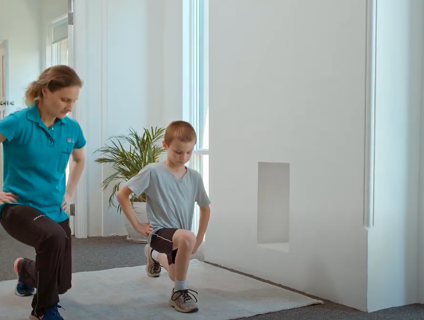
Improving Concussion outcomes for young people when visiting your GP
Article written by Dr Benny Loo, Sports Medicine Visiting Fellow at The Children's Hospital at Westmead
To help GPs get the best outcome for young people with concussion, Professor Gary Browne, Director of Kids Concussion Service, and Dr Benny Loo, Sports Medicine Visiting Fellow, recently represented The Kids Concussion Service and The Children’s Hospital Institute of Sports Medicine (CHISM) at the Practical Paediatrics for General Practitioners weekend, run by Sydney Children’s Hospitals Network and supported by Bio Island.
Their workshop aimed to equip GPs with the up-to-date principles of care and increase awareness of available resources to aid the provision of good paediatric concussion care in the community to make a difference to patient outcomes.
The workshop also highlighted for GP’s the importance of families and young people understanding concussion signs and symptoms so that they know when to visit a GP or their local Emergency Department.
Concussion is a mild traumatic brain injury due to an impact to the head or body. This results in a short lived functional neurological change manifesting as altered brain signaling. This can manifest as physical (e.g., headache, nausea, fatigue), cognitive (e.g., ‘brain fog’, difficulty concentrating), emotional (e.g., irritability, anxiety, apathetic) and/or sleep-related problems (e.g., drowsiness, difficulty falling asleep).
In some cases, symptom onset may be delayed for up to 48 hours, making an early diagnosis challenging. In others, symptoms may settle quickly, only to be provoked when over-extends themselves, this a clear indication that the brain is still healing and has not yet fully recovered.
Eventually, over a week or so, your brain will heal fully and achieve a normal pre-injury state. This healing process restores disrupted brain physiology but takes much of your available brain energy to do so. Since concussion does not cause structural injury to the brain, imaging has proved to be unhelpful. There are also currently no biomarkers of injury available, so concussion remains a clinical diagnosis.
To learn more about concussion signs and symptoms here: https://kidshealth.schn.health.nsw.gov.au/concussion
Available Specialist Service:
Kids Concussion Service, Children’s Hospital Institute of Sports Medicine, Children’s Hospital at Westmead, Sydney Children’s Hospitals Network, Email-schn-chismsms@health.nsw.gov.au. Phone-98450761
Additional resources for parents:
(SCHN) Concussion information and resources: https://www.schn.health.nsw.gov.au/fact-sheets/concussion-and-mild-head-injury




